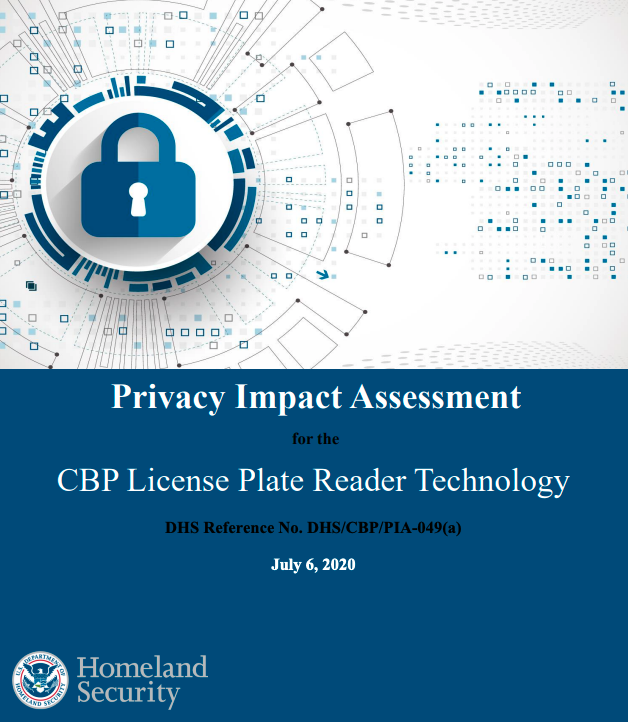[ad_1]
US Customs and Border Protection (CBP) published a new assessment titled “Privacy Impact Assessment for the CBP License Plate Reader Technology,” outlining the agency’s plan to combine its database on license plate images with ones from local and state governments, law enforcement agencies, parking garages, toll booth cameras, and financial institutions.
The US has a massive network of automatic license plate readers (ALPR), typically found on police cars and toll booths used to collect license plates of vehicles passing by. We noted one database, in particular, called the Rekor Public Safety Network (RPSN), gives law enforcement real-time access to license plates, captures approximately 150 million plate reads per month. To better protect the nation, the CBP’s new assessment indicates it now wants direct access to these databases.
“To meet its vast mission requirements, CBP relies on a variety of law enforcement tools and techniques for law enforcement and border security,” the assessment said. “One such tool is license plate reader (LPR) technology, which consists of high-speed cameras and related equipment mounted on vehicles or in fixed locations that automatically and without direct human control locate, focus on, and photograph license plates and vehicles that come into range of the device.”
CBP said most Americans “might not be aware” that ALPRs are deployed at border crossings to collect license plate information. The agency said people should avoid areas where ALPRs are deployed if they don’t want to be surveilled.
The system will allow CBP agents to quickly enter a license plate number of a vehicle in the database and search for “any responsive records” (or hits) on any license plate readers that detected the vehicle within the last 30 days.
The assessment said the overall goal of the new database, by aggregating third-party data with its own, will allow agents to “identify individuals, or vehicles, involved in criminal activity which may need additional scrutiny when attempting to cross the border or to identify and locate suspects involved in terrorist activities.”
The federal government’s obsession with monitoring everyone and everything is becoming the norm in a post-corona world.
[ad_2]
Source link
-565x620.png)
